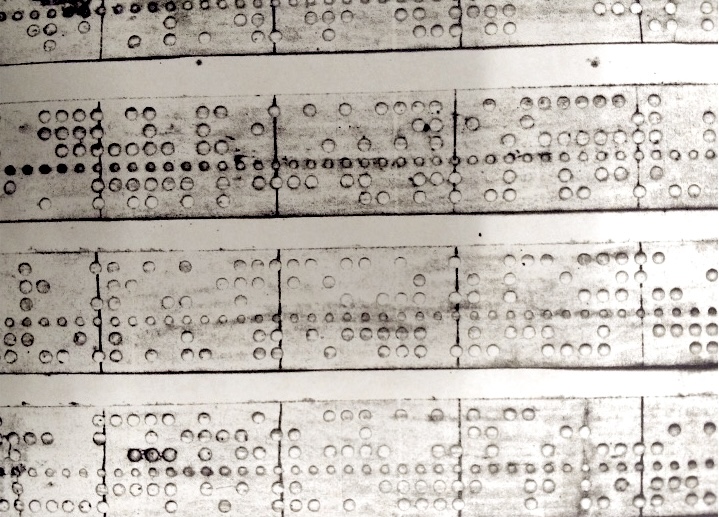Book
Cryptographic Amnesia: Code, Power, and the Algorithmic Mediation of Everyday Life
Cryptographic Amnesia (forthcoming from MIT Press) offers a series of historical and philosophical essays that examine the evolving cultural and political significance of cryptography in everyday life over the course of the twentieth century. Today, we treat encryption as a means to resist surveillance and protect human rights; to verify the identity or integrity of information; to safeguard electronic commerce; even to create units of monetary value in the form of cryptocurrency. This is a dizzying range of claims for any technology. Yet cryptography only began to be treated as such a dynamic communications medium a century ago, and only recently began to raise so many challenging questions. As information, communication, and computation have become increasingly powerful forces in society, the means of concealing information have also become increasingly useful—and contested. This book is a people’s history of codes and ciphers, presenting a unique lens to examine the rise of digital media in the twentieth century and offering a newly usable past for everyone who relies on encryption in everyday life.
